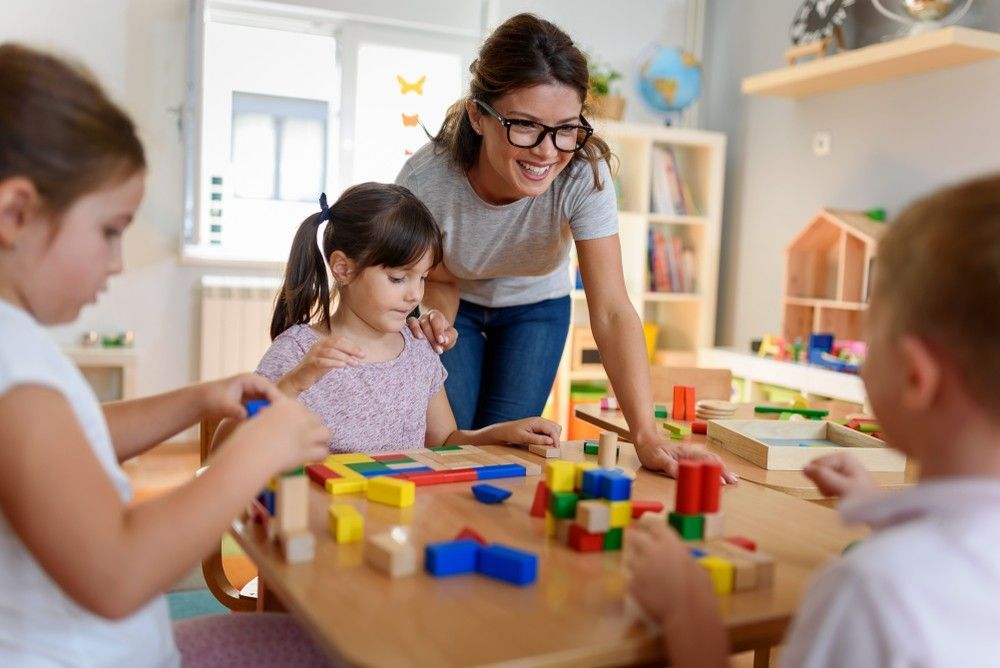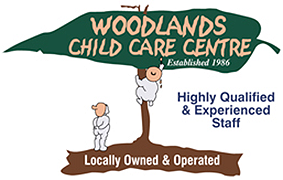How Nature-Based Learning Benefits Children in Childcare Settings
Have you ever noticed how children’s faces light up when they’re exploring the outdoors? Whether it’s discovering a ladybird on a leaf, collecting pebbles, or simply running through the grass, nature holds an endless fascination for young minds. But beyond the joy and curiosity it inspires, nature-based learning offers profound benefits for children’s growth and development.
In this blog, we’ll explore what nature-based learning means in a childcare context, the many ways it supports children’s development, and how families searching for childcare in Albury can look for centres that integrate nature into their daily routines.
What Is Nature-Based Learning?
Nature-based learning is an approach to early childhood education that actively incorporates outdoor environments and natural materials into children’s everyday experiences. Rather than treating outdoor play as a separate part of the day, this approach weaves nature into the learning process itself.
In a childcare centre in Albury, nature-based learning might include:
- Using natural materials like sticks, leaves, rocks, and sand for creative and sensory play.
- Holding group activities and storytelling sessions under trees or in garden spaces.
- Exploring local parks, bushland, or nature reserves as part of regular excursions.
- Observing seasonal changes and weather patterns to build children’s awareness of the natural world.
- Growing vegetable or flower gardens to teach responsibility and care for living things.
Nature-based learning is not just about being outside; it’s about helping children connect deeply with their environment and develop a sense of curiosity and respect for the world around them.
Developmental Benefits of Outdoor Learning
Research shows that engaging with nature can have significant benefits for children across various areas of development. Let’s explore some of these advantages in detail.
Physical Development
Outdoor environments offer space and opportunities for children to:
- Climb, run, and balance, building gross motor skills.
- Carry, stack, and manipulate natural materials, improving fine motor control.
- Test their strength, agility, and coordination in new ways.
Natural terrain, with its slopes, textures, and obstacles, challenges children’s bodies in ways that indoor spaces often cannot. These physical experiences contribute to stronger muscles, better balance, and increased overall fitness.
Cognitive Development
Nature-based activities encourage children to:
- Solve problems and think creatively.
- Make observations about plants, animals, and weather.
- Experiment with cause and effect through activities like water play or building structures with natural objects.
When children engage with nature, they’re constantly using critical thinking skills and exploring concepts such as science, maths, and environmental awareness in meaningful, hands-on ways.
Emotional Well-being
Spending time outdoors can help reduce stress and support emotional health. Children often feel calmer and more focused in natural settings. Nature provides:
- Quiet spaces for reflection and relaxation.
- A soothing environment that can ease anxiety or restlessness.
- Opportunities to express emotions through imaginative play.
These benefits are especially valuable in a childcare setting, where the sensory stimulation of indoor spaces can sometimes feel overwhelming for young children.
Social Skills
Outdoor play naturally encourages:
- Cooperation and teamwork during group activities.
- Sharing and negotiation when using shared spaces and materials.
- Leadership and communication skills during imaginative play scenarios.
Children often find it easier to connect with one another when exploring the outdoors, leading to stronger social bonds and positive interactions.
Connection to the Environment
Introducing children to nature from a young age helps foster:
- A sense of stewardship and respect for the environment.
- An appreciation for the beauty and diversity of the natural world.
- Early awareness of sustainability and caring for living things.
These connections can shape lifelong attitudes towards environmental conservation and sustainability.
How Nature-Based Learning Looks in Daily Practice
If you’re exploring options for childcare in Albury, you might wonder how nature-based learning fits into a typical day. Here are some practical examples:
- Outdoor Classrooms: Many centres create designated outdoor learning spaces where children can engage in art, reading, or group discussions.
- Sensory Gardens: Gardens filled with fragrant herbs, colourful flowers, and textured plants offer rich sensory experiences.
- Loose Parts Play: Children use natural items like logs, stones, and branches for building, sorting, and imaginative play.
- Nature Walks: Regular outings into nearby parks or bushland help children observe changes in seasons, weather, and wildlife.
- Gardening Activities: Children plant seeds, water plants, and harvest produce, learning about life cycles and responsibility.
Nature-based learning isn’t about replacing indoor learning but enhancing it. It’s an approach that recognises how deeply nature supports children’s physical, emotional, and intellectual growth.
What to Look for in a Nature-Focused Childcare Centre
If you’re considering a childcare centre in Albury that offers a nature-based program, here are some questions to help guide your decision:
- How often do children spend time outdoors each day?
- Are outdoor experiences integrated into learning activities, rather than limited to playtime?
- Does the centre have natural play spaces, gardens, or nearby green areas for excursions?
- How are safety and supervision managed during outdoor activities?
- Are staff passionate about incorporating nature into the curriculum?
Visiting a centre and observing how children engage with outdoor spaces can give you valuable insight into whether nature-based learning is truly part of the philosophy.
Supporting Nature-Based Learning at Home
Parents can nurture the benefits of nature-based learning outside of childcare by:
- Spending time in local parks, bushland, or gardens.
- Encouraging children to collect natural items like leaves or pebbles for creative projects.
- Talking about seasons, weather changes, and the plants and animals you see together.
- Growing a few herbs or flowers in pots or garden beds.
- Reading books about nature and wildlife.
Even simple, everyday interactions with nature help children build curiosity, confidence, and a love for the environment.
Discover Nature-Based Childcare in Albury
Nature-based learning offers children so much more than fresh air and sunshine—it provides a rich foundation for physical development, cognitive growth, emotional well-being, and social skills. It helps children develop a sense of wonder and a lasting connection to the natural world.
At Woodlands Child Care Centre, we believe that nature is an essential part of early learning. Our programs are thoughtfully designed to integrate outdoor experiences and natural materials into each child’s day, supporting their development in a safe, engaging, and nurturing environment.
Contact us today to learn more about our nature-based approach and how we can help your child thrive.





